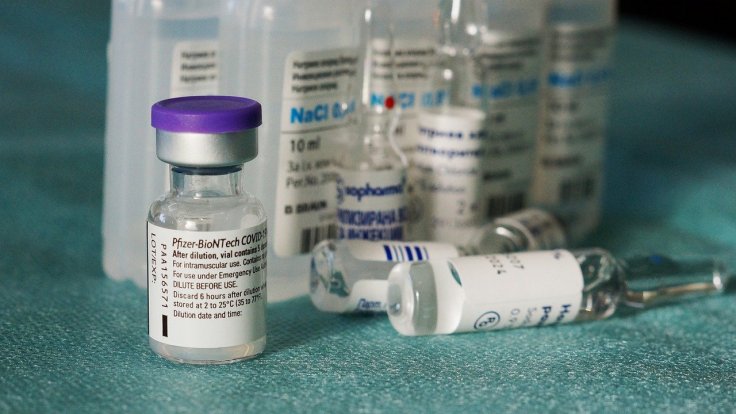Vaccine maker Pfizer Inc will buy Canadian drug developer Trillium Therapeutics Inc for $2.26 billion, the company said on Monday. The deal will strengthen the leading vaccine maker's arsenal of blood cancer therapies, Reuters reported.
Pfizer had acquired a $25 million stake in Trillium last year. The company said it will buy the remaining outstanding shares for $18.50 apiece. This represents a 203.8% premium on the stock's last closing price.
Blood-Cancer Therapies
Pfizer said it believes it will benefit from Canada-based Trillium's blood-cancer therapies that target a "don't eat me" signal used by cancer cells to evade the immune system.
More From Reuters:
Forty Seven Inc, which is also developing drugs that target the same antibodies, was bought by Gilead Sciences Inc for $4.9 billion last year.
More than 1 million people worldwide were diagnosed with blood cancer in 2020, representing almost 6% of all cancer diagnoses. The same year, more than 700,000 people worldwide died from a form of blood cancer.
Trillium's U.S.-listed shares were trading at $17.73 before the bell on Monday, having fallen 59% in 2021 as of their last close. Pfizer bought nearly 2.3 million Trillium shares at $10.88 each in September.
Pfizer's financial adviser for the transaction is BofA Securities Inc, and Centerview Partners LLC is Trillium's.
Booming Profits
Analysts and healthcare investors said last week that Pfizer Inc, BioNTech and Moderna Inc are expected to reap billions of dollars from COVID-19 booster shots in a market that could rival the $6 billion in annual sales for flu vaccines for years to come.

Pfizer, along with its German partner BioNTech , and Moderna have together locked up over $60 billion in sales of the shots just in 2021 and 2022. The agreements include supply of the initial two doses of their vaccines as well as billions of dollars in potential boosters for wealthy nations.
Going forward, analysts have forecast revenue of over $6.6 billion for the Pfizer/BioNTech shot and $7.6 billion for Moderna in 2023, mostly from booster sales. They eventually see the annual market settling at around $5 billion or higher, with additional drugmakers competing for those sales.








